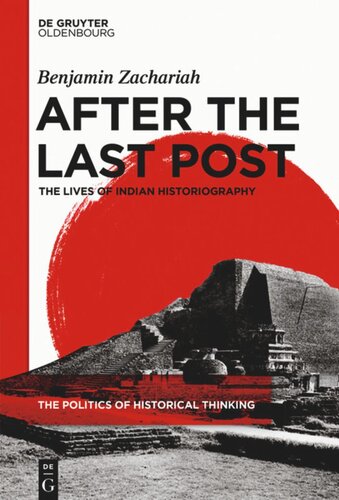

Most ebook files are in PDF format, so you can easily read them using various software such as Foxit Reader or directly on the Google Chrome browser.
Some ebook files are released by publishers in other formats such as .awz, .mobi, .epub, .fb2, etc. You may need to install specific software to read these formats on mobile/PC, such as Calibre.
Please read the tutorial at this link: https://ebookbell.com/faq
We offer FREE conversion to the popular formats you request; however, this may take some time. Therefore, right after payment, please email us, and we will try to provide the service as quickly as possible.
For some exceptional file formats or broken links (if any), please refrain from opening any disputes. Instead, email us first, and we will try to assist within a maximum of 6 hours.
EbookBell Team

4.8
54 reviewsThis book is about the production and consumption of history, themes that have gained in importance since the discipline's attempts to disavow its own authority with the ascendancy of postmodern and postcolonial perspectives. Several parallel themes crosscut the book’s central focus on the discipline of history: its intellectual history, its historiography, and its connection to memory, particularly in relation to the need to establish the collective identity of ‘nation’, ‘community’ or state through a memorialisation process that has much to do with history, or at least with claiming a historicity for collective memory. None of this can be undertaken without an understanding of the roles that history-writing and history-reading have been made to perform in public debates, or perhaps more accurately in public disputes. The book addresses a discomfort with postcolonial theories in and as history. Following are essays that examine the state of the discipline, the art of reading and using archives, practices of tracking the history of ideas, and the themes of history, memory and identity.